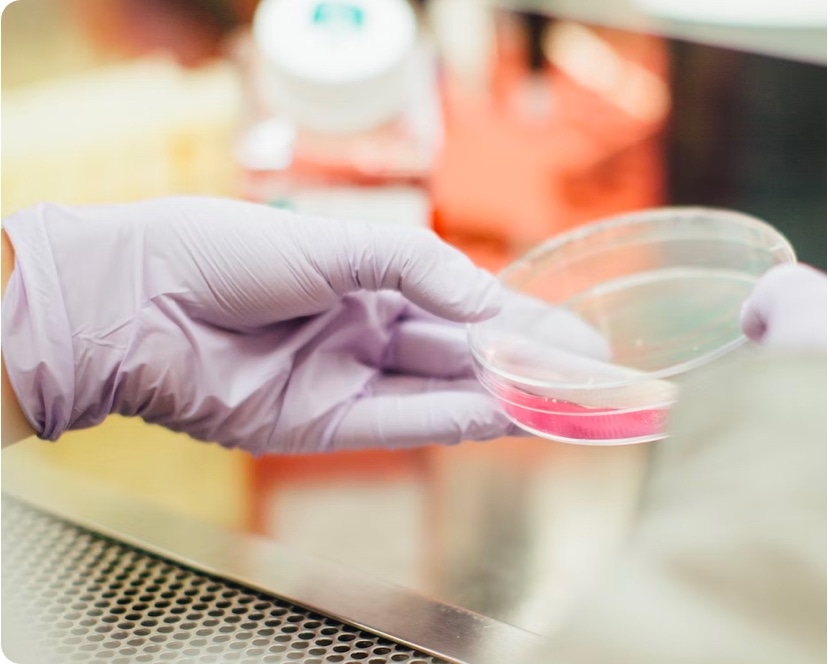Posted 1 July 2022

Rapid antigen testing (RAT) for COVID-19 has quickly become a regular routine for many Australians, as a tool to support our return to schools, workplaces and ‘normal’ life.
But while rapid tests enable results to be delivered real-time where we live and work, it is a huge challenge to bring quality assurance to these results in the same way as with laboratory-based tests such as PCR.
“There are all sorts of challenges with ensuring the quality of rapid tests,” explains Wayne Dimech, Executive Manager for Scientific and Business Relations for SVI’s NRL division.
“There are obvious challenges – like the fact these tests are not performed by trained healthcare workers. But there are also less visible factors, such as storage conditions, the in-built ‘sensitivity’ of the test itself, or the particular virus variants circulating in different regions of the world at different times.”
NRL is a global leader in quality assurance for laboratory-based testing for infectious disease – supporting the work of labs in more than 70 countries worldwide. Now, Wayne and his team are bringing this rigor to non-laboratory testing – developing and trialling a quality assurance program for COVID-19 rapid antigen tests in low- and middle-income nations – with the support of the Foundation for Innovative New Diagnostics.
“Rapid testing is proving a useful tool in our fight against the spread of COVID,” says Wayne. “But we need to ensure its ongoing quality, so people can feel confident with rapid testing regimes. Our new program will enable the collection of quality assurance data from community-based settings across multiple nations – a new and invaluable resource – alongside better tools to monitor the tests in action, quality assurance protocols and training to support health authorities.”
“Critical to this project is the development of mobile phone technology using QR codes, to deliver real-time result verification. This will be a game-changer.”
“In recent years, we’ve been monitoring the growth of point-of-care testing generally, for diseases including HIV/AIDS, influenza and COVID-19. NRL has been directly involved in developing a quality assurance program for a hepatitis C rapid test that is now being administered by healthcare workers in Australia’s remote communities,” Wayne explains.
“This new funding will enable our scientists to develop a systematic quality approach for COVID-19 rapid antigen tests that is directly targeted to the challenges experienced in low- and middle-income countries.”
Wayne and his team have a unique insight into these challenges, through a global network of laboratories – from Peru, to Vanuatu, to Mongolia.
“We talk regularly with laboratory colleagues across the globe as they’ve struggled through the COVID pandemic,” he says.
“Rapid antigen testing is just the latest in a huge number of logistical and technical challenges that every nation continues to face. We hope our new project can lift the burden a little, providing some surety that rapid testing – which we are all increasingly relying on as we live with COVID – is the best it can be for everyone in the world.”